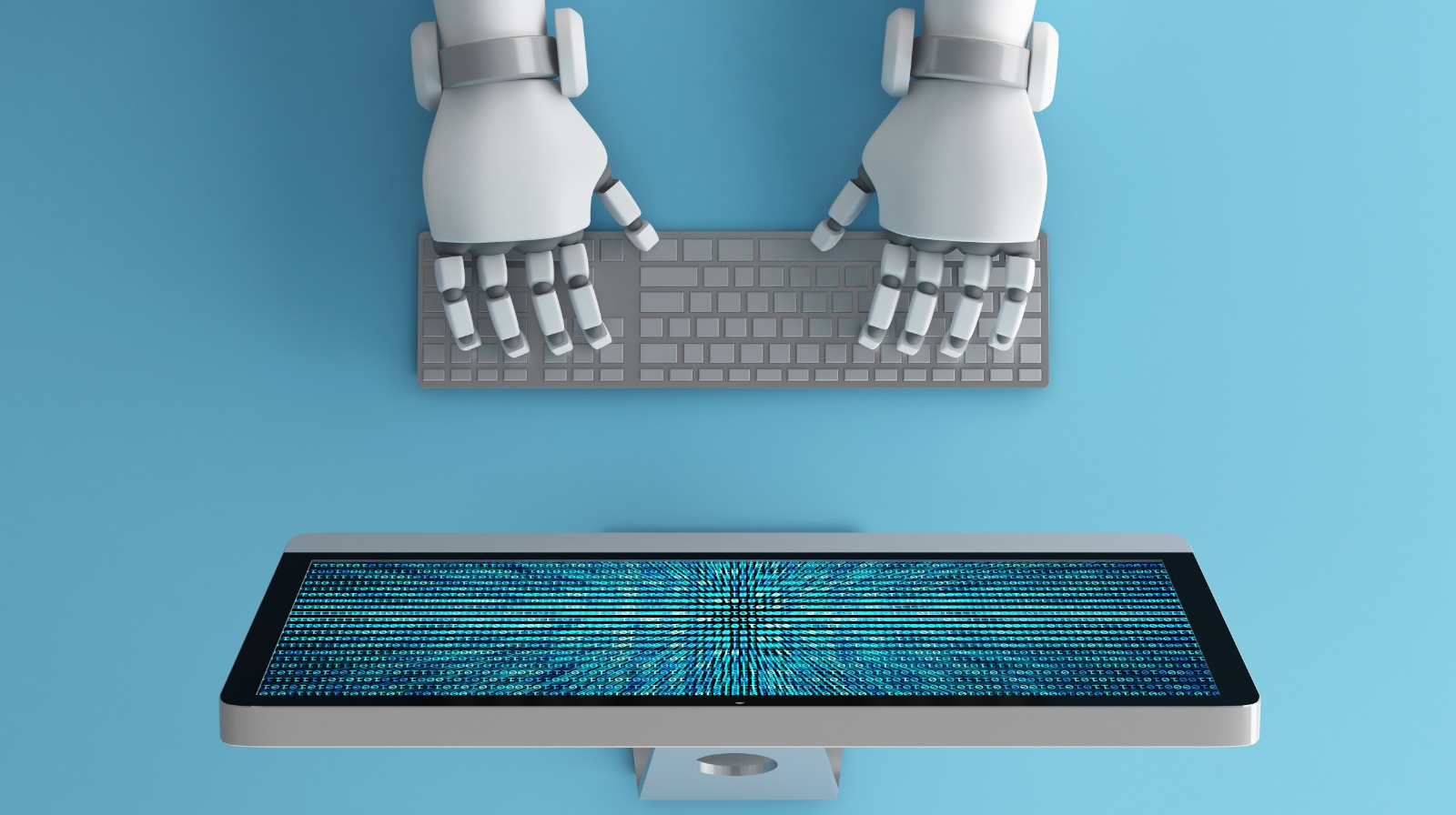Published
3 years agoon

In the wake of the sheer scale of layoffs seen across the world, the question topmost of most minds is how long until the axe falls on us? Here’s looking at how generative AI (Artificial Intelligence) will transform knowledge work in the next decade and probably further!
AI is a rapidly emerging technology with enormous potential to increase worker productivity, increase business efficiency, and inspire creativity in new goods and services. At the same time, AI can be used to automate current employment, aggravate inequality, and lead to worker discrimination. Unlike earlier technical improvements in automation, AI can automate non-routine operations, thus exposing broad swaths of the workforce to disruption.
Today, AI is writing competent code, producing protein structures as well as product strategies, jotting down screenplays, generating films, and playing music. All this in a fraction of the time it would take a semi-competent professional with current tools. Recent advances in computer science have reignited anxieties about more human displacement and job loss. Machine Learning and narrow AI have become pervasive. Unlike earlier waves of technical development, these advancements are touching most, if not all, businesses. Now, the past must serve as a guide for how to prepare for future job insecurity, particularly by investing in education, skill retraining, and rural community rejuvenation, where the opportunity gap threatens to exacerbate job displacement in the face of AI-based innovation.
So, is an AI about to make your job obsolete?
Impact of AI on the future jobs
Most job categories that are expected to grow rapidly over the coming decade will necessitate a high degree of education. According to a study, high-paying positions needing a bachelor’s degree or more will see only 29% of job change due to automation. Other high-value and professional, scientific, and technological service-oriented industries, like healthcare, are expected to endure low levels of automation, supported by relative job growth. Furthermore, given the benefits AI provides to complicated, high-skilled occupations, it is likely that AI-related jobs will gain a larger share of the economy, creating more stable, well-paying jobs across the globe.
AI relies heavily on its ability to learn. But there is one important distinction. An algorithm is just a set of instructions or a formula for data processing. AI takes this a step further and can be composed of a set of algorithms that can adapt and rewrite themselves in reaction to the data entered, demonstrating intelligence.
Despite this amazing power that AI holds, it is unlikely to render human workers obsolete for a long time.
Given how AI has been presented in the media, particularly in some of our favourite sci-fi movies, it’s evident that the arrival of this technology has sparked concern that it may one day render humans obsolete in the workplace. After all, as technology has improved, many previously manual processes have become automated. It’s natural to worry that the emergence of intelligent technology might herald the end of employment as we know it.
There are forecasts that millions of people will be unemployed in the coming decades, owing mostly to the impact of Intelligent Automation and AI technologies. In any event, the entire socioeconomic system is entering a period of rapid upheaval, with serious consequences for markets, enterprises, education, government, social welfare, and job models.
So, what exactly will happen with employment?
Dull tasks can be easily mechanised, perhaps rendering certain positions redundant. Customer care/call center operations, document classification, discovery and retrieval, and content moderation, for example, are increasingly based on technology and automation, rather than human labour. The same is true for positions involving the operation and support of production lines and factories: humans are being replaced by clever robots capable of safely navigating space, finding and moving objects, or performing complex assembling procedures. AI proved to be extremely effective at handling ever more difficult tasks, such as real-time processing of various signals, data streams, and acquired knowledge. Autonomous cars that can collect and understand the environment and its dynamics.
Transportation is already undergoing a transition; completely autonomous cars will be available soon, and they will be safer, and more efficient. Professional drivers will face a dramatic decline in demand for their skill sets. Electronic commerce will also undergo substantial change: fulfillment centers will be totally automated, with robots exploring the space to gather products and execute customer orders, which will then be automatically transported or delivered to customers by autonomous drones and/or automobiles.
AI will aid financial services, insurance, and any other industry that requires a considerable quantity of data processing and content handling. Of course, in states, governance, and social institutions, AI can play a significant role in cutting bureaucracy, increasing citizen service, and designing and implementing social programmes.
In the long term, certain functions and jobs will become increasingly irrelevant, and eventually obsolete. However, in most circumstances, AI will operate as a supplement to humans, allowing them to perform better in complicated and important situations that require judgement and creative thinking. Simultaneously, various new positions and specialties with an emphasis on technology and science would emerge. For example, highly trained individuals will be required to oversee, manage, or coordinate the training of complex Artificial Intelligence systems in order to assure their integrity, security, objectivity, and proper use.
Making preparations
According to certain assumptions, and after the initial disruption caused by technological unemployment, the AI revolution will usher in a new period of affluence, creativity, and well-being. Humans will no longer be required to execute regular, low-value tasks. The workforce and underlying employment structures will shift away from long-term, full-time job contracts and toward flexible, selective premium service offers.
A flood of new business opportunities will emerge, fostering a culture of entrepreneurship, creativity, and invention.
Therefore, societies must adapt to a changing technological landscape, become more adaptable, and instil a culture of lifelong learning, collaboration, creativity, and entrepreneurship starting today. In fact, at a higher level, we require a strong framework to prevent the unbalanced concentration of technological power and control.


Ayatollah Khamenei confirmed killed, as Tehran promises retribution


USA and Israel attack Iran, plunging Middle East into chaos


Union Budget 2026: The verdict from the Boardroom is in


Union Budget 2026: All the key announcements made by the FM


Maharashtra Deputy Chief Minister Ajit Pawar passes away after plane crash near Baramati


Deepinder Goyal resigns as Eternal CEO; Blinkit’s Albinder Dhindsa to take the helm

